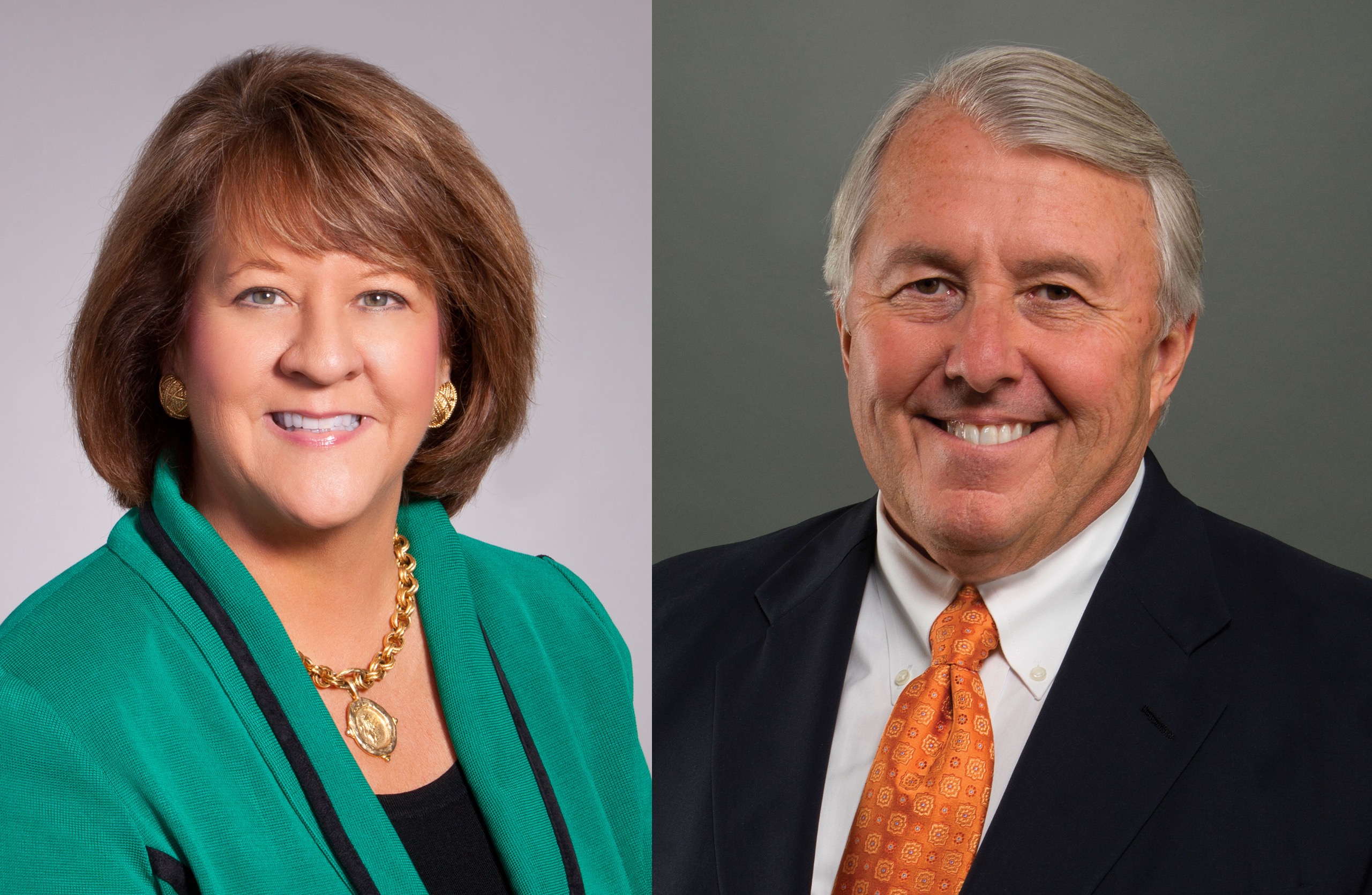
Language matters. And in the life-and-death decisions surrounding COVID-19, the terms “essential employee” and “essential business” seem harsh. As citizens, we understand the intention and absolute need for safety behind the designations, but let’s be clear: In the broader value to society, we are all—every employee and every business—essential. We believe that a fuller understanding of how we are all essential is one of the great lessons that will come from this pandemic.
As governors make difficult decisions about stay-at-home orders, curfews and more, we are grateful for so many whose jobs have made our discomfort more tolerable—grocers, cleaners, waste collectors, deliverers, restaurateurs, repair personnel. It also seems a particularly poignant time to look at that designation of higher education as an essential business.
Even with most of our students leaving our campuses (except for small numbers of international students and others for whom going “home” is not an option), we still serve, and faculty and staff are working hard to provide, reimagine and deliver education and other services, primarily from their homes.
Read: 89 free higher ed resources during coronavirus pandemic
Higher ed’s past, present and future roles
For greater context, the essential nature of higher education resides in its past, present and future roles for advancing humanity. It is, after all, colleges and universities that educated the epidemiologists racing to find a cure or vaccine for COVID-19; and it is doctors, nurses, technicians, psychologists, nutritionists and other health care providers who serve on the front lines now. But it is also today’s college students who are learning how to anticipate and prepare for the next pandemic, whether they study health or the disciplines that will help us recover.
Our investment in our students for their—and our own—futures could not be more critical.
Ultimately, higher education’s greatest promise has never lain in individual benefits, but rather in the collective good. The nation, indeed, the world, that emerges after this pandemic will need more college-educated workers and leaders, perhaps more than at any time in the world’s history. More doctors, nurses, therapists, technicians and other health care providers, to be sure. But we will also need more scientists, technologists, business thinkers and leaders, public policy researchers, social workers, psychologists, data analysts, nutritionists, child development experts, teachers and other college-educated professionals who will be instrumental in learning and teaching important lessons to prevent or address the next pandemic or other crisis. And we will need entrepreneurs of every stripe.
We will need writers who can explain and convince us of needed steps, resources and connections, and who can work with production (online, real time and through every other medium available) to get information out. We will need artists and musicians of all disciplines and genres who will help us capture, interpret, and maybe even make some kind of sense of all of this—or at least give us some way to corral and chronicle the swirling emotions we feel.
Read: Reopening campuses safely for fall 2020 is No. 1 priority
Powerful partners
In short, our past, present and future essentialness reflects decisions this country made decades ago to invest in higher education as the most promising avenue for bettering our nation, meaning the most direct way to enhance the health, wealth, social mobility, safety and other critical elements of an advanced society. Research shows that investment has paid off in spades, and private higher education has been a powerful partner with our community colleges and public institutions in delivering that investment. There are more than 1,600 private nonprofit colleges and universities serving students nationwide.
In North Carolina, our 36 private institutions educate 90,000 students and award one-third of the undergraduate degrees and one-third of graduate and professional degrees (including 59% of medical degrees and 89% of physician assistant degrees) in the state. Meredith College alone manages over $55 million in financial assistance to make this education possible. In California, our private, nonprofit institutions educate over 198,000 undergraduate students, of which over 57,000 are Pell Grant students. These institutions also serve over 180,000 graduate students, of whom nearly 13,000 graduate annually into the California health care workforce.
Just as significant in terms of holistic good is the economic impact we have on our communities. In North Carolina, the private higher ed sector combines to be the state’s largest private employer with more than 66,000 employees and, with far more variables than mere employment, delivers an economic impact of more than $14.2 billion per year. In California, more than 100,000 employees serve at private, nonprofit higher education institutions, and these colleges and universities provide over $2.2 billion in institutional student aid to undergraduate students to enable their educational pursuits.
Read: How COVID-19 is changing the face of college admissions
Shaping the future
Clearly, the struggle to get back on our feet as a nation will be daunting, but the loss of higher education as an economic engine would be even more disastrous.
The past of higher education taught former generations of science, technology, health care, entrepreneurship and other professionals how to recognize and prepare. The present has seen that preparation move into action. The future will be shaped by those whose education is now preparing them for their contributions to whatever comeback we envision and whatever success we muster. Our investment in our students for their—and our own—futures could not be more critical.
Everybody (and everybody’s job) matters. Let’s be sure we recognize higher education not as a personal perk, but as integral to the public good. Isn’t that the essence of essential?
Jo Allen is the eighth president of Meredith College in Raleigh, North Carolina. Andrew K. Benton is president emeritus of Pepperdine University in Malibu, California, where he served from 2000 to 2019.
UB’s coronavirus page offers complete coverage of the impacts on higher ed.






